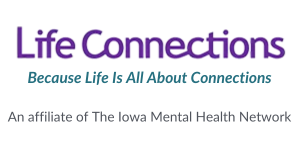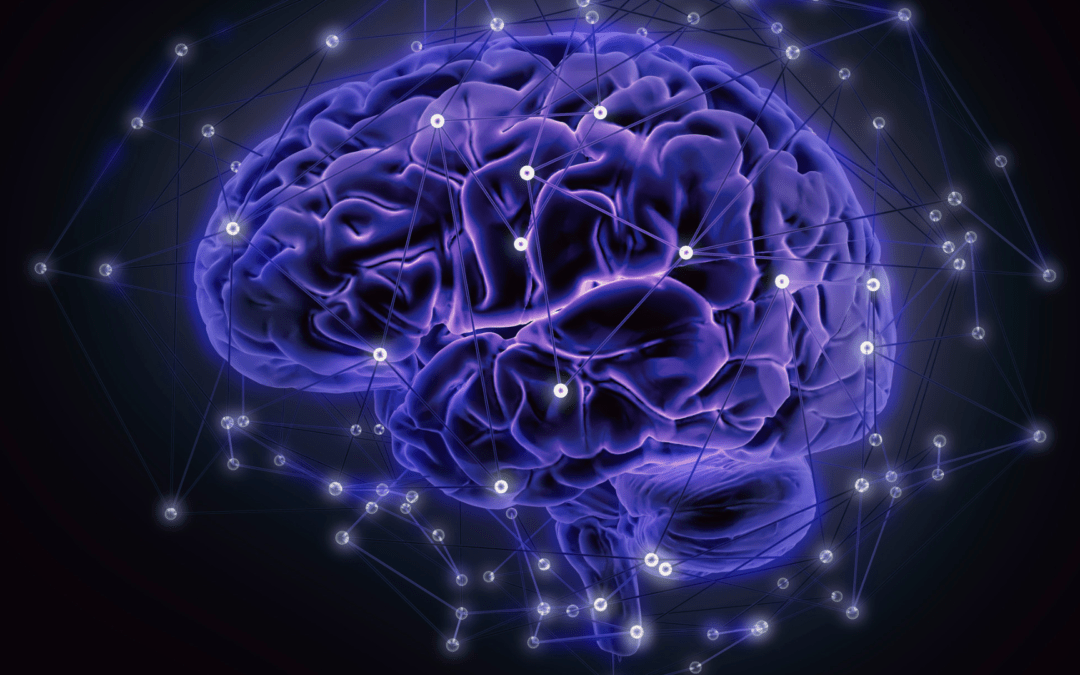“My life has been full of terrible misfortunes, most of which never happened.” – Michael De Montiaigne
Teenage years may be the most enjoyable and confusing years for both adolescents and their support system. For many caregivers and support individuals, the term “What are they thinking!?” becomes common language as teens begin to engage in negative thinking patterns, risky behaviors, and the development of generally unrealistic expectations of self and their surrounding environment. What many of us don’t take into consideration when asking this question is that the teenage brain isn’t capable of processing information, challenging unrealistic narratives, and problem-solving effectively at the capacity expected by most adults due to the brain not being fully developed until age 25. One area impacted is the prefrontal cortex, which is the system of the brain that processes complex behavior, personality, decision making, and social behavior. Doesn’t it seem unfair to expect teens to process and function cognitively in a capacity that is biologically impossible? I certainly think so!
Cognitive distortions, which can be a side effect of an under-developed brain, are the exaggeration of inaccurate and unrealistic thoughts that can cause a person to perceive reality in distorted ways. In the coming weeks, information on each of the 11 cognitive distortions will be explored, as well as methods of negative thinking prevention and strategies which can be utilized to support yourself or your teen in challenging unrealistic and inaccurate thinking patterns before they become a habit which may be hard to break.
Written By: Bridget Kleitsch
MS, tLMHC Assistant Clinical Director, Therapy Manager, Licensed Mental Health Therapist
Because Life is All About Connections
Life Connections is a highly professional and caring counseling and behavioral health provider. We offer a wide array of services to treat mental health issues including Applied Behavior Analysis Services, Behavioral Health Intervention Services, mental health therapy, school-based therapy programs, and substance use treatment. For more information, please call 319-409-6922.
Resources:
- National Suicide Prevention Hotline 800-273-8255
- Crisis Text line text to 741741
- The Trevor Project – for LGBTQ+ young adult community 866-488-7386
- Rape, Abuse, and Incest National Network 800-656-4673
Start Your Services
Start Mental & Behavioral Health Services with Life Connections | Because life is all about connections.

